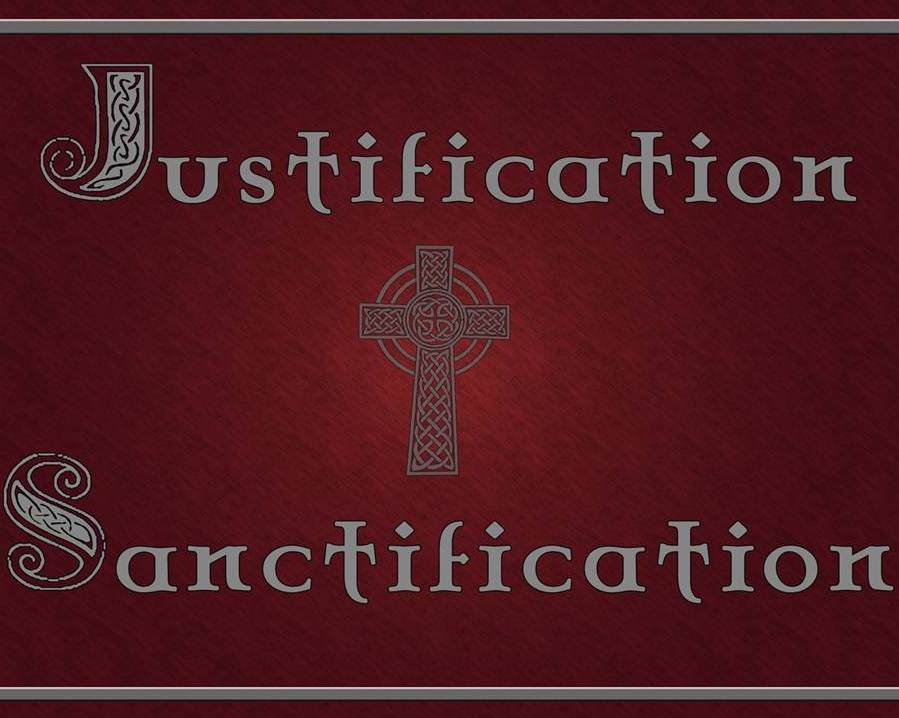
Answer: Justification, a term used in the Bible forensically/legally, is defined as “an act of God by which those who are unrighteous in themselves are nevertheless declared righteous before God while still in the sinning state.” Justification is a deliverance from the penalty of sin and is a past action for all believers, accomplished by Christ at the cross.
Paul summarizes the concept of justification: “So then as through one transgression [Adam’s sin] there resulted condemnation to all men, even so through one act of righteousness [Jesus’ sacrifice on the cross] there resulted justification of life to all men” (Romans 5:18, NASB).
By contrast, sanctification is not the act of God declaring a person righteous; rather, it is the continual process by which God is actually making a person righteous. Sanctification is the deliverance from the power of sin and is a present and continuous process of believers becoming Christlike, accomplished by the Holy Spirit’s power and presence. Sanctification represents a believer’s victory over the flesh (Romans 7:24–25), the world (1 John 5:4), and the devil (James 4:7).
The ultimate end result of our sanctification is that we will be found in Christ’s image, as Paul describes in Romans 8:29–30: “For those whom He foreknew, He also predestined to become conformed to the image of His Son, so that He would be the firstborn among many brethren; and these whom He predestined, He also called; and these whom He called, He also justified; and these whom He justified, He also glorified” (NASB).
In summary, justification happens when God declares a guilty sinner to be righteous; sanctification happens when God makes the believing sinner righteous. Justification is a one-time act; sanctification is a continual process. Justification releases us from the penalty of sin; sanctification releases us from the power of sin. Both justification and sanctification are aspects of our “eternal salvation” (Hebrews 5:9).
SOURCE: GotQuestions.org